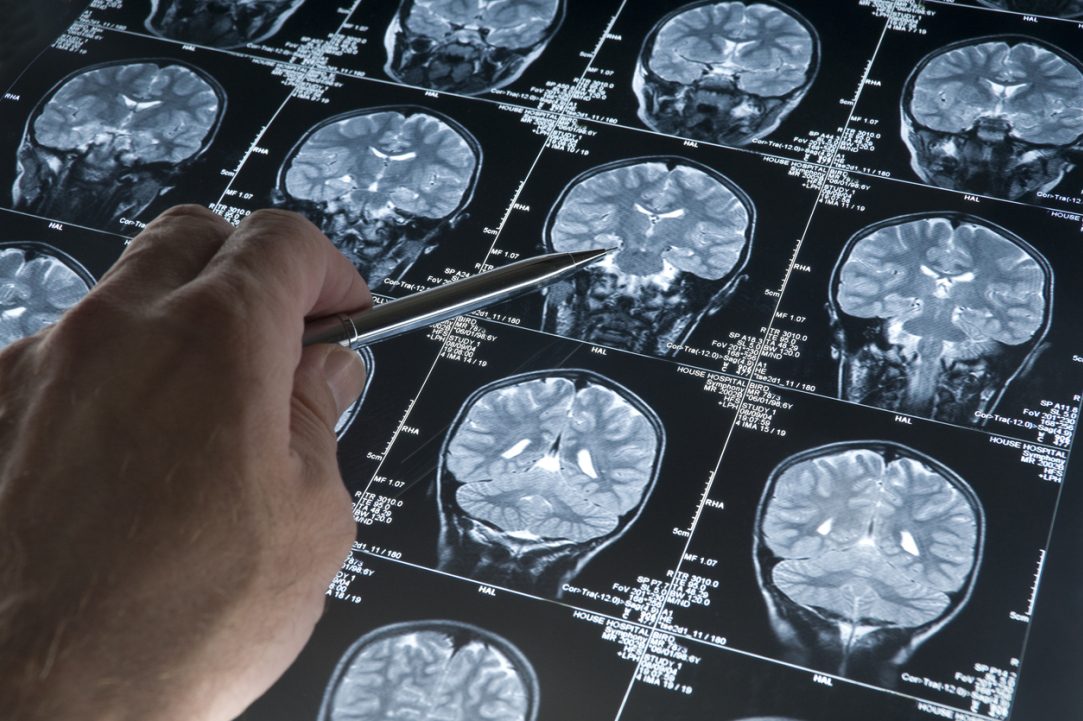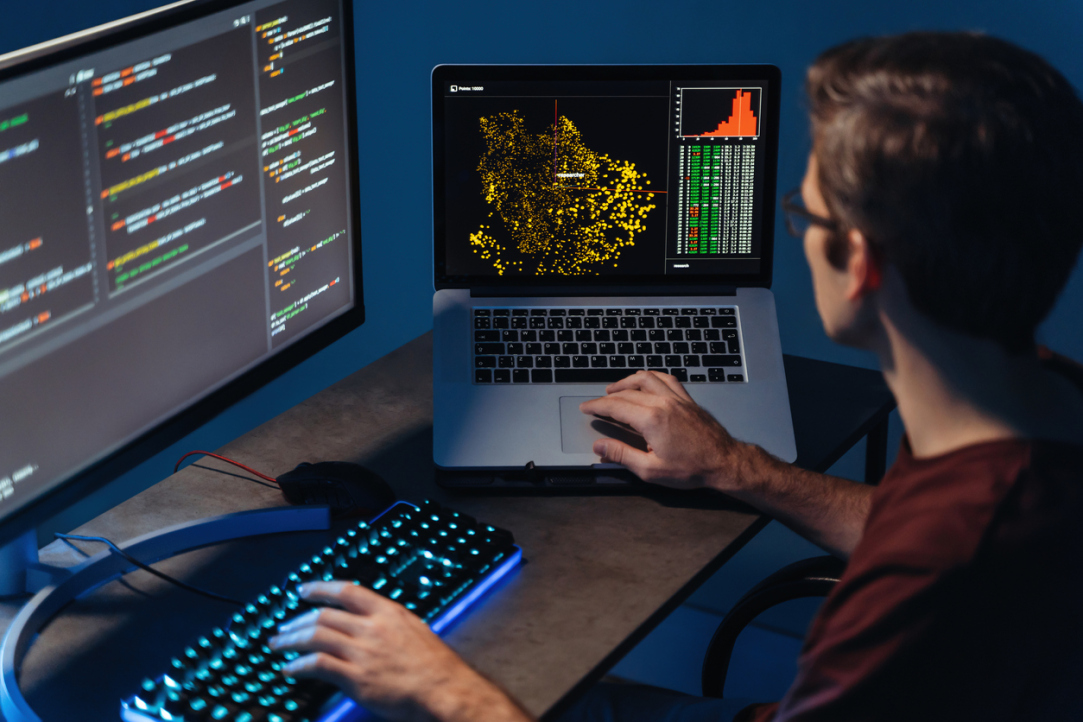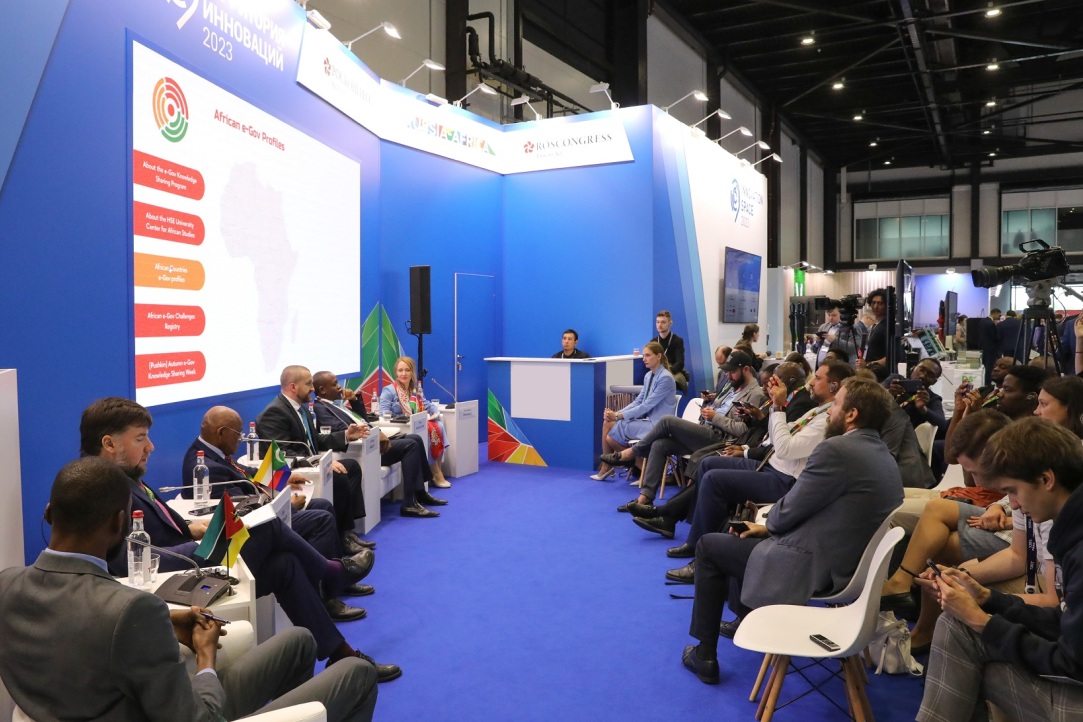
Teaching Masters' Students and Conducting Lectures in English Boost Academic Productivity
HSE researchers have analysed teaching load data at the HSE campus in St Petersburg to investigate the potential impact of teaching on faculty research output. They found that factors such as teaching primarily masters' courses, conducting 20% of lectures in English, and supervising only one doctoral student per year were associated with a greater likelihood of producing more high-quality academic papers. The study has been published in Higher Education Quarterly.

Stimulating the Blood-Brain Barrier Can Help Patients with Alzheimer's
Researchers at HSE University and the Russian Academy of Sciences Institute of Molecular Biology have proposed investigating the response of the blood-brain barrier (BBB), the brain's natural filter that becomes disrupted by the disease, to transcranial brain stimulation. Understanding how the BBB changes during stimulation can, in theory, enhance treatment by facilitating more effective delivery of medications to the brain in the early stages of the disease, and by providing therapeutic support for brain function in the latter stages. The study has been published in Communications Biology.

AI Researchers Have Developed an Algorithm to Determine the Properties of Two-Dimensional Materials by Analysing their Defects
An international team of researchers with the participation of young scientists from the HSE Faculty of Computer Science and Artificial Intelligence Centre have developed a machine learning algorithm that can determine the properties of new 2D materials with point defects. The new method is 1000 times faster than quantum mechanical computations and 3.7 times more accurate than other machine learning algorithms. The results have been published in npj Computational Materials. The source code, dataset, and model weights are available in the repository under an open licence.

Alcohol Consumption Patterns Vary Across Social Groups in Russia, According to HSE Research
Although there is a larger percentage of drinkers among high-status professionals and executives compared to low-status workers, the former consume less alcohol. This is one of the findings of a study carried out by researchers of the HSE Faculty of Economic Sciences and published in Voprosy Statistiki.

Russia to Help Africa with Public Service Digitalisation
Russian and African civil servants are to exchange experience in the field of digitalisation. The programme was presented by HSE University’s Centre for African Studies in cooperation with the Innopraktika company. The programme organisers are also ready to carry out educational events in any country on the continent.

AI Helps Scientists Generate Z-flipon Map
Researchers from HSE University and Sber Artificial Intelligence Lab are using AI to predict the location of DNA fragments in the genome which can flip over and form a mirror structure known as Z-DNA. The scientists have found that these DNA fragments overlap with known mutations which can cause severe hereditary diseases and impact a person's health, height, weight, cholesterol levels, and even determine their hair colour. The study findings have been published in Life Science Alliance.

Russian Researchers Develop Software to Predict the Location of Elements of the Human Genome
Researchers at the HSE Artificial Intelligence Centre have created software for predicting the location of elements of the human genome. The scientists used deep learning methods based on complex data on various human molecular components. The research followed the objectives of the ‘Artificial Intelligence’ federal project of the ‘Digital Economy’ national project.

‘Our Experimental Economics Community Welcomes Everyone from Professors to Bachelor’s Students’
From September 19–27, 2023, the Third Pacific School Conference on Experimental Economics (PSEE) will take place in Vladivostok. The conference has been organised by the HSE UniversityInternational Laboratory for Experimental and Behavioural Economics as part of the Mirror Laboratories project with the Research Laboratory for Modelling Socio-Economic Processes at Far Eastern Federal University. The conference will be held in an in-person format, and foreign participants can take part online.

‘The BRICS Centre will Help Transfer Best Practices in Antitrust Regulation to Africa’
At the Russia-Africa Forum held last week, HSE University’s International BRICS Competition Law and Policy Centre, in collaboration with the Federal Antimonopoly Service of Russia, organised a discussion on ‘The Fight against Anticompetitive Practices of Large TNCs, Cross-Border Cartel Combatting, and International Cooperation.’

HSE Scientists Unveil New Findings Regarding Stability of Communication Systems
Researchers from the International Laboratory of Dynamical Systems and Applications at the HSE Campus in Nizhny Novgorod have discovered that the use of systems with hyperbolic solenoid attractors and repellers can lead to issues in the transmission of communication signals. The findings of this study have been published in Results in Mathematics. The research was financed by a substantial grant from the Russian Government as part of the 'Science and Universities' National Project and a further grant from the Russian Science Foundation.


Deadline for applications to present academic reports - January 20, 2025